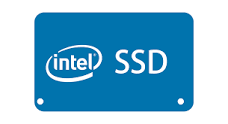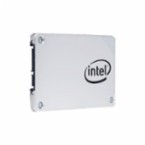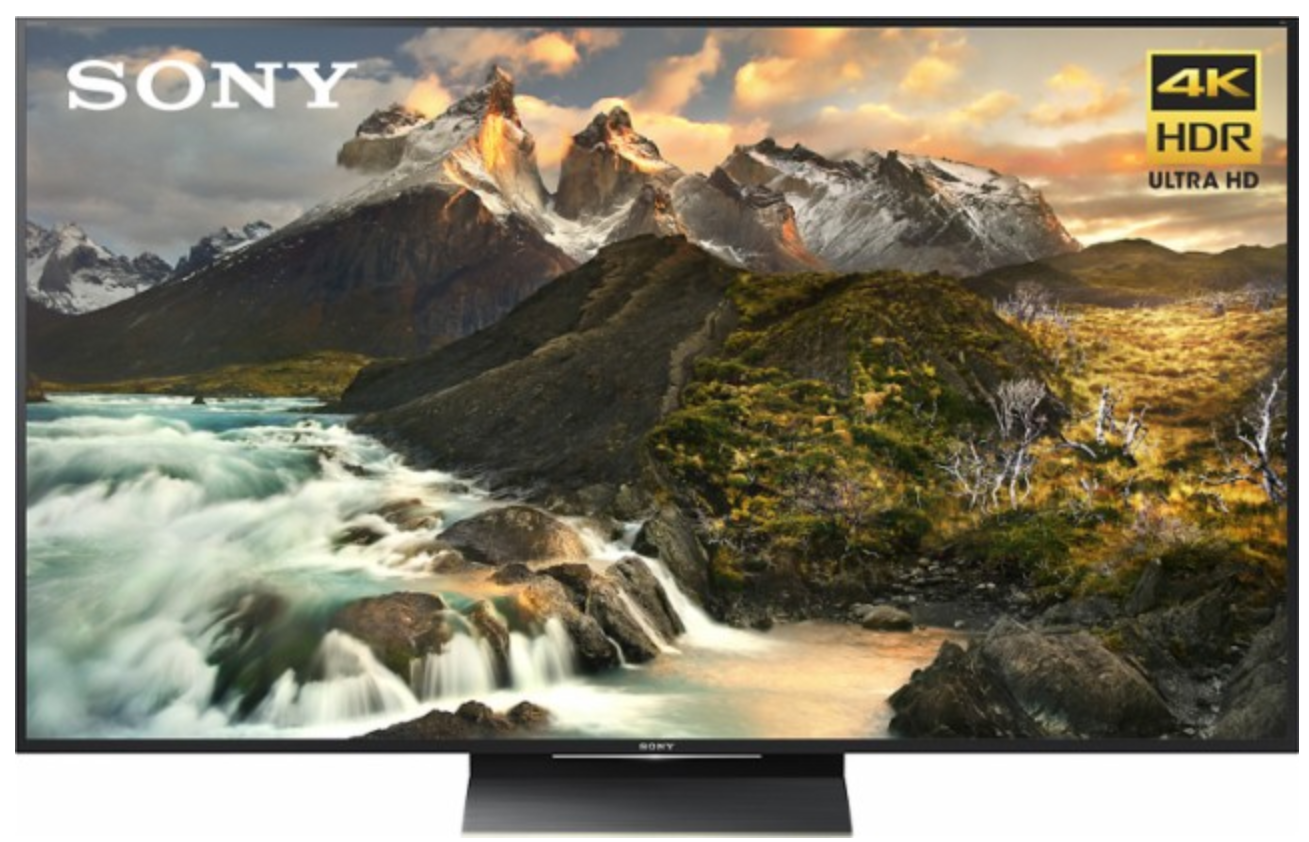SSD hard drive vs. conventional hard drive
SSD hard drive is used perhaps by almost every new computer today rather than conventional hard disk. I heard of this SSD concept back in 1994 but it was not available in consumer’s market at that time. 13 years later, it was on the shelf but the price was very expensive. Not until the past few years, the price has gradually become affordable.

The major difference between SSD and platter hard disk is the media being used to record data inside. SSD uses memory chips (MLC or TLC) while platter hard disk is using magnetized metal disc. SSD retrieves data by precisely locating coordinates and their 0&1 states on IC chips. On the other hand, platter hard disk requires spinning discs very fast for heads to pin point track and sector of data location and its magnetic states.
Speed wise, SSD is ultra fast comparing to the conventional platter hard drive. SSD has an average seek time of 0.08 to 0.16 ms comparing speed of platter hard disks’ 8 to 12 ms.

The price for large size SSD of 1TB is running about $300 and up at Bestbuy while 1TB of conventional hard disk is around $60. Thus, it is not practical yet to use SSD for file archive. However, I think the price will be dropping in another couple years.

For myself, I bought a decent $100 240GB SSD drive to boost my Windows OS. Then, I use a few 2GB conventional hard disks to store my mp3, video, office work and etc since storing files does not require fast speed access. I suggest you can configure hard disks this way too for your computer.
SSD advantages over HDD
- SSD is much faster than HDD: The fastest SSD (M2 or PCI-Express interface) can read more than 2000MB/sec, while a HDD can only do barely 100MB/sec.
- SSD has much higher IOPS than a HDD: A SSD can generate I/O for more than 100,000 times per second while a HDD can only do less than 100 times per second.
SSD disadvantages over HDD
- SSD is much more expensive than a HDD.
- SSD is almost impossible to recover when it’s malfunctioning while you could still recover data from a broken HDD possibly.
By: CJ

